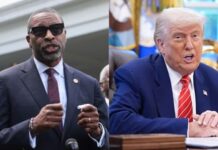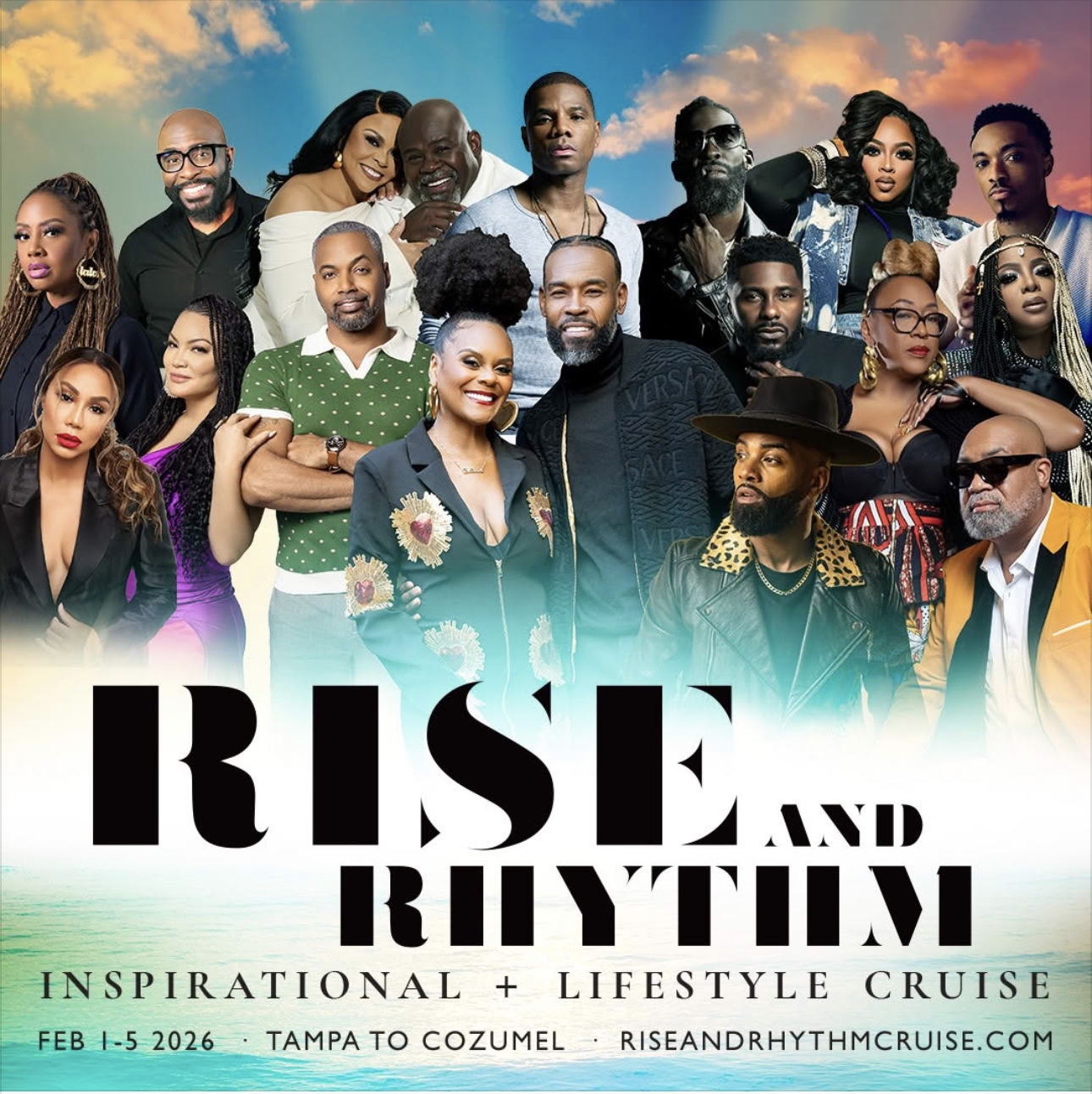By Emil Guillermo
Are you African American? Or African-American?
Filipino American? Or a Filipino-American?
Asian American? Or Asian-American?
What’s the difference?
That line between words. You either like it, or you despise it. Henry Fuhrmann despised it.
It might as well have been a royal scepter.
This week, when most of the world was still thinking about Queen Elizabeth II, I was thinking about Henry.
Perhaps you could tell, I wasn’t much for the media’s hagiography. Since her death, I took to criticizing the repressive colonial misdeeds of the British Empire to balance out the steady stream of adulation.
When you hear someone say ‘queen,’ remember Kenya. Or Kowloon. Or Burma.
I wouldn’t have bothered to watch the funeral. But then my friend Henry died last week from esophageal cancer. He was just 65. And that put me in a somber mood.
I mean, what did the queen ever do for us? Compared to her, Henry was a king. Or deserved to be.
Henry Fuhrmann liberated us from our hyphens. I will use none here.
Henry was an Asian American son of a German Danish Navy corpsman and a Japanese mother, born on a U.S. hospital ship in Japan. He probably saw hyphens all his life and knew why they should be eliminated.
But deleting the hyphen would take more than a keystroke.
Henry was a copy editor who retired in 2015 as an assistant managing editor at the Los Angeles Times. An Asian American Journalist Association buddy of mine, we’d see each other at professional events, and re-tweet each other from afar.
Henry’s passion was that demon hyphen. He wanted to expose it for what it was and get rid of its use. In that simple dash, the parallel line that posed as a connector, Henry saw a dividing line, an “othering” tool that did us more harm than good.
“Asian-American?”
Uh, no. Nope, Henry said. Just write Asian American. Or Filipino American. Or Mexican American. Or African American.
The hyphen was a grammatical prosthetic that didn’t help matters. It made us less than.
Henry made his case professionally to journalism’s high court of wordsmithing, the keepers of the Associated Press Style book, known as AP Style.
In an essay Henry wrote in 2018 he cited the Oakland writer Maxine Hong Kingston, who expressed how she felt being called ‘Chinese-American’ in her 1982 piece “Cultural Mis-Readings by American Reviewers.”
“I have been thinking that we ought to leave out the hyphen in ‘Chinese-American,’ because the hyphen gives the word on either side equal weight, as if linking two nouns,” wrote Hong Kingston. “Without the hyphen, ‘Chinese’ is an adjective and ‘American’ a noun; a Chinese American is a type of American.”
Wouldn’t that be better?
From that, Henry attacked the hyphen and pushed for change.
A year later, AP eliminated the hyphen in Asian American, and mentioned Henry’s essay as a driving force. In 2021, the New York Times changed its usage.
Since media organizations can adopt their own style books, you’ll still see the hyphen used. And you’ll still see ‘black’ uncapitalized. But you surely won’t see “oriental.” It’s used to describe rugs. Just not people.
Normally, editors act as conservative gatekeepers of so-called standards. They’re not my favorite people. Unless they’re like Henry. Freedom fighters for a changing language in a changing world.
It’s always a matter of clarity.
Were Japanese Americans placed in internment camps? Was what happened to them “internment” or were they more truthfully incarcerated?
More and more are saying the truth — incarceration. That was Henry’s influence on the AP Stylebook as well.
It shouldn’t be so hard to tell the truth in mainstream journalism. But look at how big-time journalists pull their punches in calling Trump a liar. Or a racist. Or a fascist. Did you see his rally in Ohio? The facts are there.
Or look how cautious people are about calling Florida Gov. Ron DeSantis a racist for his inhumane and possibly illegal relocating of migrants to Martha’s Vineyard.
That’s why I mourn Henry’s passing. He was against editing the truth.
He’s the reason you are an African American. Not an African-American.
And I am a Filipino American.
We deleted that line, the dash, the minus sign, and became whole. At least in print.
If words matter, if the truth matters, then remember Henry Fuhrmann, the ‘word nerd’ who unchained all people of color from the hyphen and liberated us all.
Emil Guillermo is a veteran journalist and commentator. See him at http://www.amok.com
The post IN MEMORIAM: Honoring Henry Fuhrmann, Self-described “Hyphen Killer.” first appeared on Post News Group. This article originally appeared in Post News Group.
The post IN MEMORIAM: Honoring Henry Fuhrmann, Self-described “Hyphen Killer.” first appeared on BlackPressUSA.


















